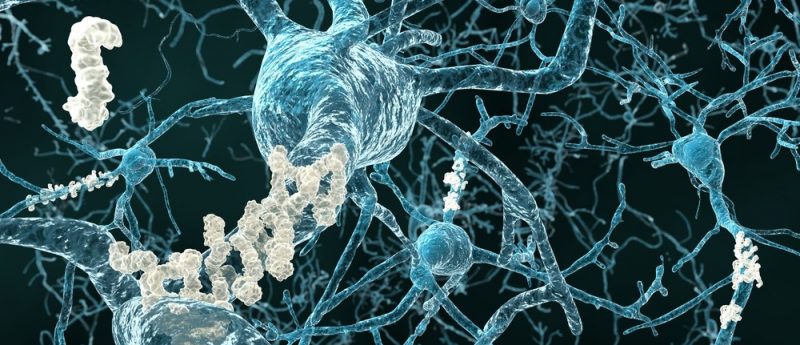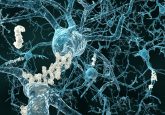NIH real-world data platform to advance Alzheimer’s disease research

The US National Institute on Aging (NIA), in collaboration with the National Institute of Neurological Disorders and Stroke (NINDS), has announced a request for applications to develop a real-world data platform, in an initiative aimed at gaining new insights into Alzheimer’s disease.
On April 5, a request for applications was launched by the NIA and NINDS, both part of the US NIH, to develop an Alzheimer’s disease and Alzheimer’s disease-related dementias real-world data platform. The NIA will fund a 6-year, up to US$300 million project to develop the database, which will represent 70–90% of the US population (including up to 80% of people living with dementia).
The database will pull together multiple sources of data (such as electronic health records, insurance claims data, patient-generated data collected e.g., via mobile devices and wearables, and more). As stated on the NIA website, “Combining and analyzing real-world data in ways that can’t happen in a research study or clinical trial can help us uncover new insights and patterns that would otherwise remain hidden”.
By bringing this data together in one platform, researchers will be able to access and analyze health data in a secure environment, as well as gain insights from a wider range of individuals than is possible in standard clinical research. The NIA state that one of the top goals of the project is to “prioritize engagement with communities that have been historically marginalized and underrepresented in clinical research and be purposeful in addressing disparities when incorporating secure data sources and studying health outcomes.”
Interested parties are invited to attend a pre-application technical assistance webinar on April 19, and to apply by July 31.
You may also be interested in:
- Veradigm to integrate cardiology and metabolic disease registry data with HealthVerity real-world data ecosystem to expand research and advance patient care
- Parent Project Muscular Dystrophy launches Electronic Health Record (EHR) Study
- eCOA, BYOD and digital health in clinical trials: an interview with Katie Garner, Signant Health
Want regular updates on the latest real-world evidence news straight to your inbox? Become a member on The Evidence Base® today>>>






